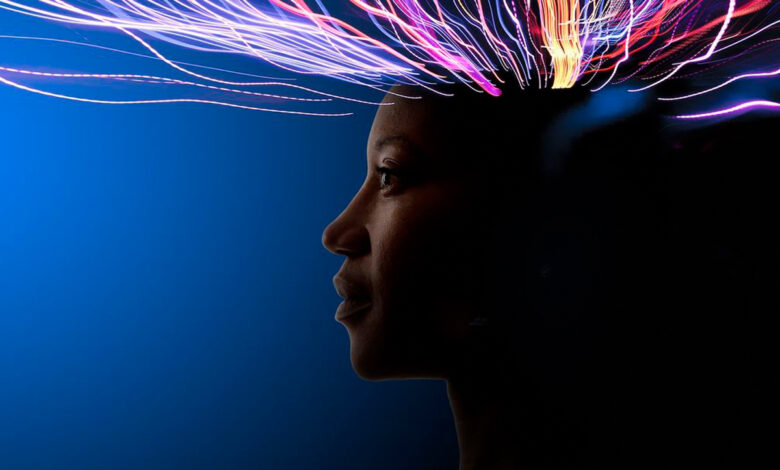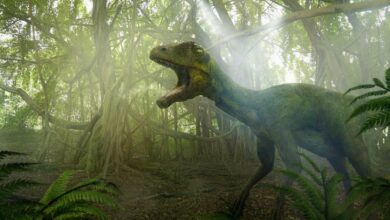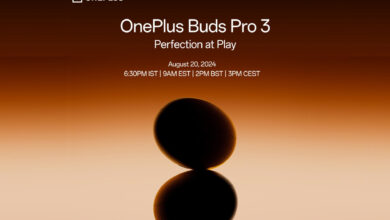
Baldasano and his team created 16 short audio narratives to test the hypotheses. Each narrative consisted of four locations: a restaurant, a lecture hall, a supermarket, and a restaurant again. In these places, four different social situations occurred: business deal, attractive meeting, courtship and breakup.
While the volunteers listened to these narratives like a podcast, the scientists used functional magnetic resonance imaging (fMRI) to scan their brains. The researchers tracked changes in brain activity, particularly in the prefrontal cortex (mPFC), with a special method they had previously devised. This cortex is the part of the brain that receives and interprets moment-to-moment input from our surroundings. “Now we have a tool that we can use to calculate changes and how experiences are distributed,” says Baldasano.
The researchers were able to trace the moment of formation of the new border during the narrative. mPFC activity increased when key social events changed in the storyline; For example, when a business deal is completed or a marriage proposal is accepted. However, if the team told the participants to focus on features of a place, such as sitting in a restaurant or ordering food, their segregation of events changed, as did their brain activity.
The above research also shows the difference in how the narratives are remembered after being heard. When participants were asked to recall a part of the story that they were not asked to pay attention to, they forgot many details. “You can think of it as good or bad, and it all depends on the frame you put your mind into,” says Baldasano. This framework can change your memories of events.”
Read more:
In general, the research results are exciting because they show how active and flexible our memory can be. According to UCLA cognitive psychology professor David Kluth: “We can choose what to pay attention to and what to remember; This means that in many ways, we ourselves control the narrative of our experiences.
Difficulty in differentiating events is common due to certain complications such as post-traumatic stress disorder and dementia, as well as normal aging. This research shows that memory-based treatments for improving long-term memory should not focus only on changing the narrative. Rather, attention should be directed to key moments, and in this way, it can help to understand and remember what is more important.
The researchers hope to investigate the effect of consciously shifting attention and dividing the day into different scenes on long-term memory. According to Baldasano, “If we allow people to freely react to what they remember, this [تغییر در توجه] “To what extent does it change the way the narrative is framed or the type of detail included?”








